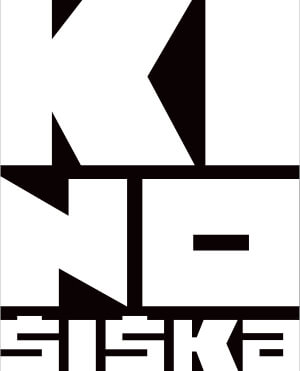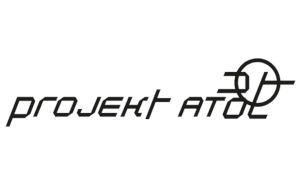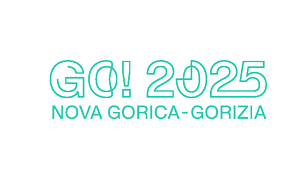Biologists have long criticized the oversimplification in the analogies. In the development of modern neural networks, noting that real neurons are vastly more complex than artificial nodes, and that brains do not learn via backpropagation the way our algorithms do. Instead of seeing this disparity as a failure, I argue it is the point: like a translator capturing a poem’s essence over exact wording, bio-inspired algorithms carries the original meaning across when they embrace interpretation over imitation.
This talk emerges from my experience in translator and from my occasional encounters with biologically inspired algorithms during my study in computer science. Repurposing parameters in translation theory as the meta-framework, the mapping between biological mechanism and computer algorithm are dissected in dialogue. In particular, five central ideas, supermemes, from translation theory, is utilized to examine how knowledge moves and transforms between biology and computing: source-target, equivalence, untranslatability, free versus literal, and the notion that all writing is translation. By representing the exchange between organism and machine as a translation, a new vision may be conjured, one that understand bio-inspired algorithms as free translations across epistemic boundaries.
Wun Ting Chan is a NYC-based computer scientist, translator, and artist from Hong Kong. Chan has a Bachelor of Fine Arts in Visual Communications from Northwest College of Art, a Bachelor of Science in Computer Science from Evergreen State College, and she is currently pursuing a Master of Science in Computer Science at the Courant Institute of Mathematical Sciences, New York University. Chan’s practice aims to disrupt the status quo by injecting neologisms as texts and as art objects into the cultural corpus. In her most recent work, she was commissioned by the Bioarts Ethical Advisory Komission (BEAK) for the English to Simplified Chinese translation of Human germline gene editing is bioart: an open letter to Lulu and Nana by Dr. Adam Zaresky, a bioart-centric, cross-disciplinary critique of human germline editing.
Back








